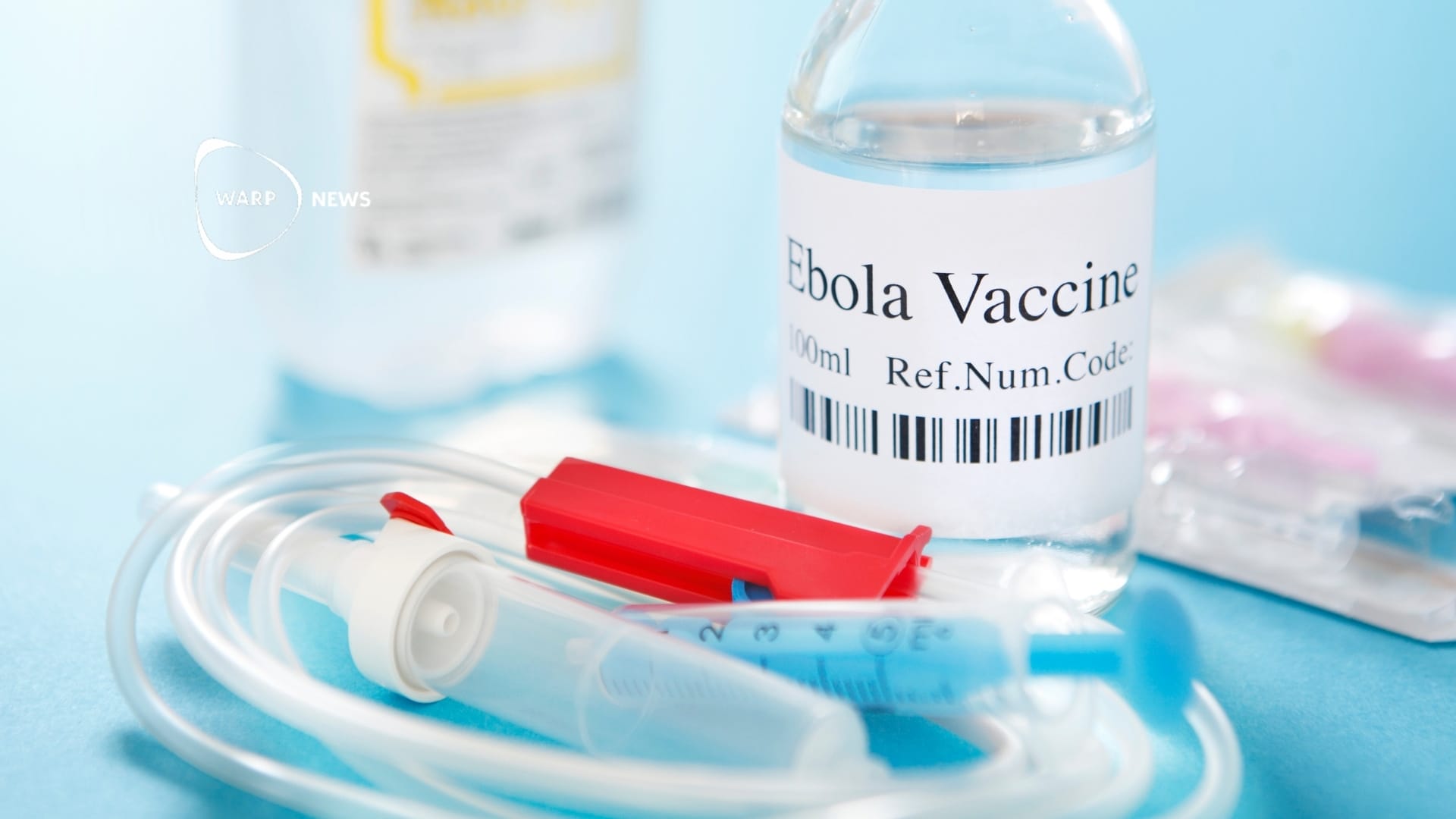
💉 How a vaccine turned the tide in the fight against Ebola
The Ervebo vaccine has demonstrated over 95 percent effectiveness against the Zaire strain of the Ebola virus. The vaccine is now used as a cornerstone in the fight against Ebola and has been successfully deployed in several African countries as a preventive measure.
Share this story!
- The Ervebo vaccine has demonstrated over 95 percent effectiveness against the Zaire strain of the Ebola virus.
- Sierra Leone is launching a nationwide vaccination campaign targeting 20,000 frontline workers across 16 districts.
- The vaccine is now used as a cornerstone in the fight against Ebola and has been successfully deployed in several African countries as a preventive measure.
Vaccine developed during ongoing outbreak
The Ebola virus hit West Africa hard in 2014, claiming over 11,000 lives in Sierra Leone, Liberia, and Guinea. It was the largest Ebola outbreak since the virus was first discovered in the Democratic Republic of Congo in 1976. The mortality rate for untreated Ebola has varied from 25 percent to 90 percent in previous outbreaks, depending on circumstances and response efforts.
The 2014 outbreak revealed a critical gap in global preparedness for infectious diseases: the absence of effective vaccines. When the epidemic broke out, no approved drugs or vaccines existed to treat or prevent Ebola.
Nearly 10,000 participants were recruited for clinical trials to ensure the rVSV-ZEBOV vaccine was safe and effective. The trials lasted two years and involved more than 500 scientists and healthcare workers.
Healthcare personnel and individuals in close contact with confirmed Ebola cases received the rVSV-ZEBOV vaccine, creating a protective "ring" around those infected. On August 18, 2015, the preliminary results from the study were announced, showing the vaccine had nearly perfect efficacy.
Sierra Leone launches vaccination campaign
Today, Sierra Leone is implementing a nationwide campaign with the rVSV-ZEBOV vaccine, marketed under the name Ervebo. The campaign targets 20,000 frontline workers in 16 districts, including healthcare professionals, traditional healers, laboratory personnel, motorcycle taxi drivers, and security forces.
The Ervebo vaccine, developed by pharmaceutical company Merck, is a single-dose vaccine. It works by using a modified virus to produce antibodies against Ebola, equipping the immune system to recognize and neutralize the virus upon exposure.
Clinical trials have shown that the vaccine's efficacy exceeds 95 percent in preventing infection from the Zaire strain of the Ebola virus, the deadliest variant.
Vaccine used in multiple countries
The vaccine was used during the 2018-2020 Ebola epidemic in the Democratic Republic of Congo under emergency authorization. It has also been used in Burundi, Uganda, South Sudan, and Rwanda in preventive vaccination campaigns to protect healthcare workers and frontline personnel.
Ervebo is now a cornerstone in the fight against Ebola, particularly for controlling outbreaks caused by the Zaire strain. However, its success depends on ensuring equitable access and strengthening healthcare systems.
Challenges remain, including limited vaccine supply, logistical obstacles in remote regions, and vaccine hesitancy fueled by misinformation. Establishing local vaccine manufacturing in Africa should be a long-term goal, giving affected countries greater control over supply and distribution.
Although Ervebo represents a significant achievement, it cannot eliminate Ebola on its own. The virus's ability to persist in animal reservoirs such as bats and then transmit to humans means that vaccination must be part of a broader strategy. Integrating vaccination, surveillance, outbreak management, and community engagement is essential for achieving long-term control.
RetryClaude can make mistakes.
Please double-check responses.
By becoming a premium supporter, you help in the creation and sharing of fact-based optimistic news all over the world.


